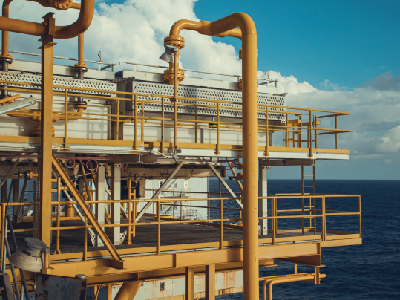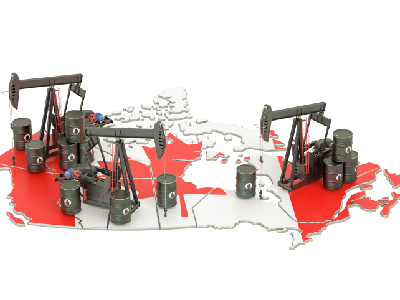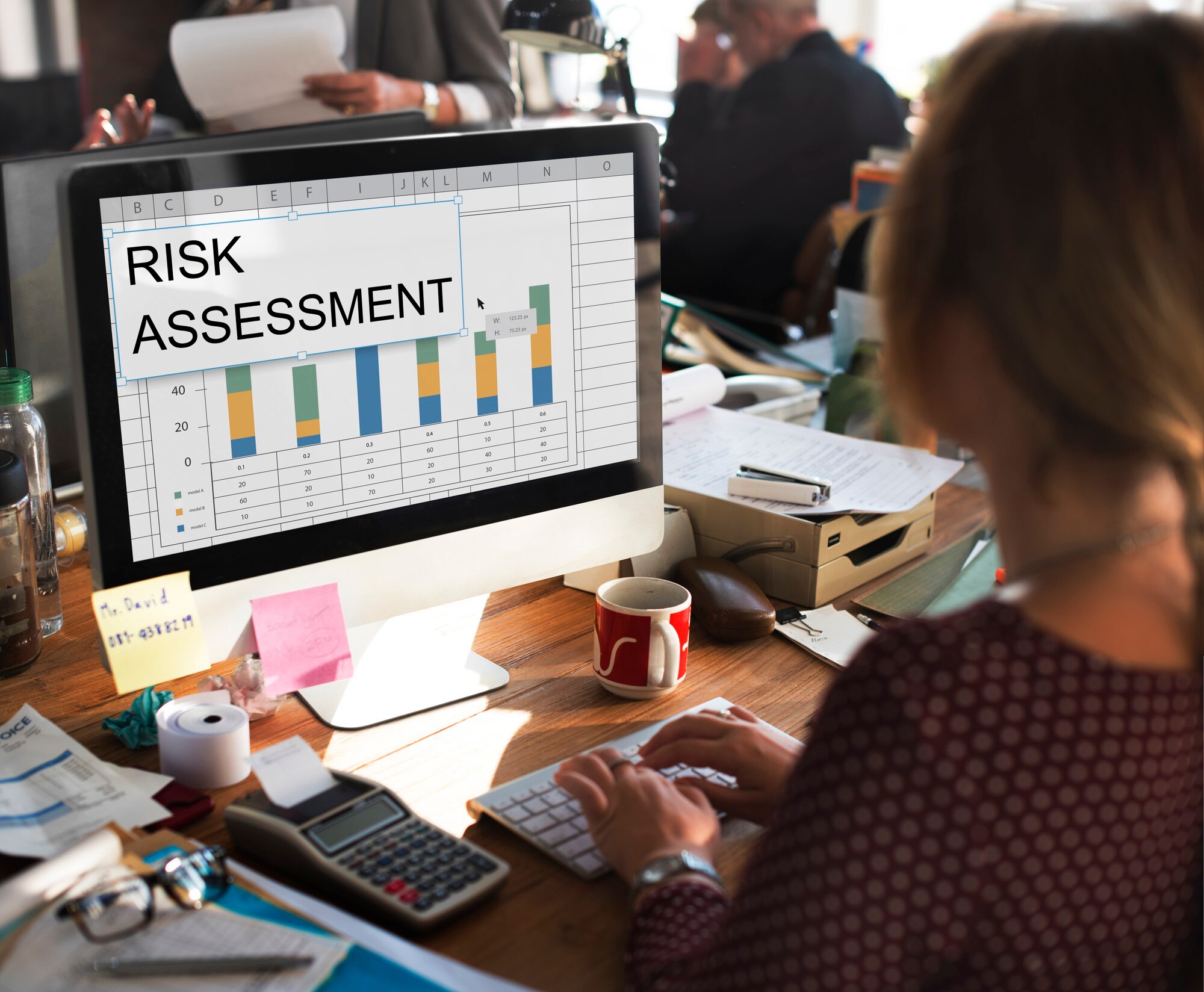Quality Management of Petroleum Products and Chemical Analysis
Course Overview
Quality management of petroleum products is essential to ensure compliance with international standards and maintain the company's reputation in global markets. Achieving high levels of quality requires the use of modern chemical analysis techniques and a deep understanding of the processes that affect product quality. This training program aims to provide participants with the skills and knowledge needed to effectively manage the quality of petroleum products, focusing on analytical tools and continuous improvement strategies to meet environmental and regulatory requirements.
Course Objectives
- Understand the Importance of Quality Management of Petroleum Products: Learn the basic concepts of petroleum product quality and its impact on organizational performance.
- Improve Chemical Analysis Skills: Learn how to use modern techniques to analyze petroleum products and determine quality levels.
- Develop Strategies for Compliance with International Standards: Gain the ability to develop plans and strategies that ensure compliance with environmental and regulatory standards.
- Enhance the Use of Modern Technologies in Chemical Analysis: Learn how to apply technological tools to enhance the accuracy of analysis and process efficiency.
- Apply Best Practices for Continuous Quality Improvement: Gain knowledge of the latest methods to improve product quality and promote operational excellence.
Target Audience
- Quality Managers and Quality Assurance Supervisors
- Chemistry Experts and Analysts
- Production and Refining Managers
- Quality Consultants
- Environmental, Health, and Safety Specialists
- Graduate Students and Researchers
Course Modules
Understanding the Importance of Quality Management of Petroleum Products
- Introduction to the concept of petroleum product quality and its impact on customer satisfaction and financial performance.
- Importance of quality management in enhancing competitiveness and compliance with international standards.
- Overview of processes that affect the quality of petroleum products from production to distribution.
- Examples of successful quality management applications in the oil industry.
- Developing plans to improve product quality and meet global market needs.
Improving Chemical Analysis Skills
- Introduction to the fundamentals of chemical analysis and its various tools.
- How to use modern techniques such as spectrometry and chromatography to identify petroleum product components.
- Strategies for analyzing the chemical and physical properties of oil and its derivatives.
- Examples of successful chemical analysis techniques and how to improve their accuracy.
- Developing skills in using advanced chemical analysis software.
Developing Strategies for Compliance with International Standards
- Understanding international standards such as ASTM and ISO for petroleum product quality.
- Strategies to develop plans that ensure compliance with environmental and regulatory requirements.
- Examples of applying international standards in the oil industry.
- Developing plans to monitor quality and achieve compliance at all stages of production.
- Evaluating the effectiveness of compliance strategies and regularly updating them.
Enhancing the Use of Modern Technologies in Chemical Analysis
- How to use technological analytical tools to improve analysis accuracy and speed.
- Examples of technological tools applications in oil laboratories.
- Strategies for training staff to use modern analysis technologies.
- Developing plans to use technological chemical analysis to improve processes.
- Evaluating the benefits and challenges associated with applying modern technologies.
Applying Best Practices for Continuous Quality Improvement
- Overview of best practices in quality management and process analysis.
- Strategies to apply continuous improvement methodologies such as Six Sigma and Kaizen.
- Examples of continuous improvement projects in the oil industry.
- Developing plans to encourage innovation and promote a culture of quality within the organization.
- Assessing the impact of quality improvement on the overall performance of the organization.
Instructor
Name: Sherif Galal
Specialization: Cybersecurity, Risk Management, and IT Governance
Certificates: Doctorate in Business Administration (DBA) - Arab Academy for Banking and Management (2024) Master of Business Administration (MBA) - Arab Academy for Banking and Management (2019) Bachelor of Computer Science - Zagazig University (1999)
Core Programs Trained: Information Security Management (ISO 27001) Technical Crisis Management (ISO 22301) Anti-Money Laundering and Counter-Terrorist Financing Governance and Risk Management
Bio: Certified expert in cybersecurity, risk management and corporate governance with over 20 years of experience. Holds a Doctorate in Business Administration (DBA) and a Master of Business Administration (MBA), in addition to international certifications such as ISO 27001 Master and GRC Professional. Held prominent leadership positions, including Director of Operations at Front Shields for Cybersecurity, and led advanced technology projects to enhance security efficiency in major organizations. Certified lecturer at prestigious training institutions, offering specialized programs in cybersecurity, risk management and combating cybercrime. Sherif Galal is a trusted partner for organizations seeking to achieve the highest standards of governance and security.
- Languages: English
- Program Levels: Executive-Technical Level
- Venue: Company Headquarters
- Hours: 20
- Location:



.jpg)







